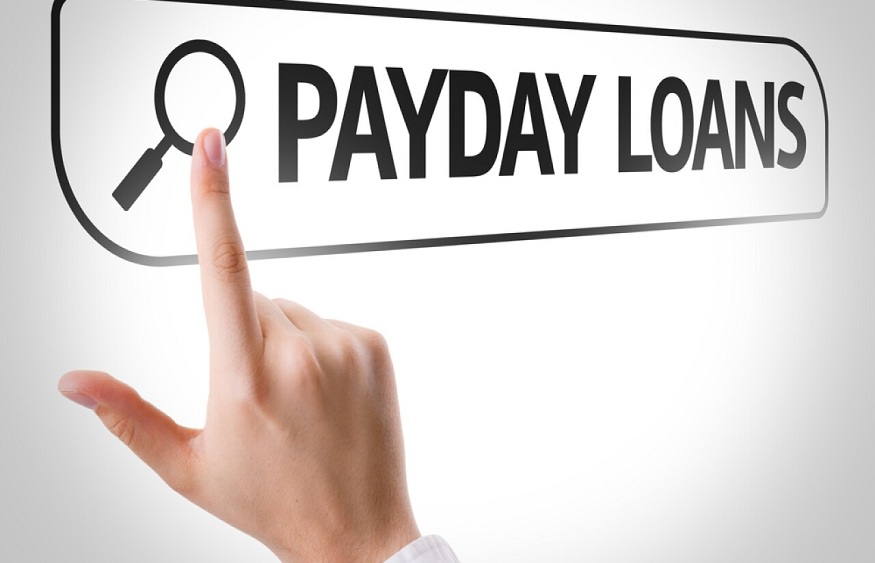Many Canadians share the dream of owning a home. Saving for the purchase of a home can take years of hard work and determination, and buying a home is often the most important purchase of a lifetime. A mortgage is a financial tool that helps Canadians make that dream come true.
Whether you’re looking to buy a home for the first time in your life or thinking about buying a second property, it’s crucial that you understand what a mortgage is, how it works and what options are right for you.
How do you get a mortgage loan?
A mortgage is a loan that a bank, credit union or private lender can give you to finance the purchase of a home. It can also allow you to leverage the earned value of your home for other purposes. It is a contract between you (the borrower) and the lender. A mortgage sets out the terms of your loan, including your monthly mortgage payments, loan term, and interest rates.
When shopping for a mortgage, you can compare the different options available to you from various lenders. In addition to loans offered by banks and credit unions, you can get a mortgage from insurance companies, mortgage companies, trust companies or private lenders. Your choice will depend on the type of mortgage that suits you best; in addition to the mortgage rate, consider the loan term and payment frequency that best suits your financial strategy.
After choosing a lender, you will need to obtain a mortgage pre-approval to determine your eligibility for a loan. Eligibility criteria vary from lender to lender, but the pre-approval process usually includes assessment of the following:
Before making a decision, take the time to talk to several lenders to make sure you get the mortgage that’s right for you.
Looking for expert mortgage advice? Choose the right mortgage with advice from our experts
Before you apply for a mortgage, find out what types of mortgages might be right for you. Here are some options:
CIS. The Scotia® Embedded Credit (CIS) program is a flexible borrowing solution backed by the equity in your home. You can choose from different types of Scotiabank credit products (mortgages, lines of credit, credit cards and more) depending on your needs, all in one simple application. Ask about the CIS
Mortgage loan with variable maturity (open). An open mortgage loan allows prepayments at any time, without penalty (although overhead charges may apply). This solution could be suitable for borrowers looking to pay off their mortgage as quickly as possible. The interest rate on a variable term mortgage is usually higher than that of a closed mortgage.
Mortgage closed. With a closed mortgage, you may be charged a prepayment fee if you pay off your mortgage before the end of its term. Some closed mortgages allow you to prepay a certain portion of the original loan amount each year. Usually the interest rate for a closed mortgage loan is lower than for an open mortgage loan.
Transferable mortgage loan. A portable mortgage can be transferred from one property to another; this solution may allow you to keep the interest rate and terms of your current loan. It could be right for you if you plan to move within the next five years.
Mortgages can be backed by a low or high ratio. A low-ratio mortgage comes with a down payment of 20% or more of the purchase price. Usually, a customer does not have to purchase mortgage default insurance for this type of mortgage. With a high-ratio mortgage, the down payment is less than 20% of the purchase price. This type of loan requires the borrower to take out mortgage insurance in the event of default.
Mortgage rate
The mortgage rate represents the cost a borrower has to pay the lender on the funds they borrow. The interest rate is determined based on many factors, including:
When you apply for a mortgage, you will be offered various types of interest rates, including a fixed rate or a variable rate.
What is the difference between a fixed rate mortgage and a variable rate mortgage?
By choosing a mortgage, you can opt for a fixed interest rate or a variable interest rate.
With a fixed rate mortgage, your interest payments will remain the same for the life of the loan. Fixed interest rates are sometimes higher than variable interest rates, but allow borrowers to benefit from a stable payment schedule.
With a variable rate mortgage, interest rates fluctuate throughout the term of the loan based on changes in the lender’s base rate, which means monthly payment amounts could also fluctuate. Variable interest rates are sometimes lower than fixed interest rates.
What is the difference between the term of a loan and an amortization period?
The amortization period refers to the time it will take you to pay off the full amount of a mortgage loan, based on regular payments at a set interest rate. The longer the amortization period, the lower the monthly mortgage payments and the higher the cost of borrowing (the borrower will pay more interest).




